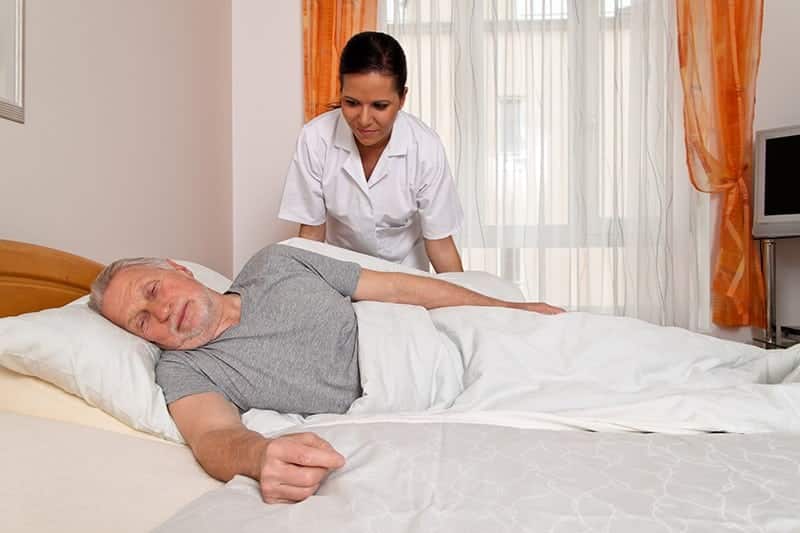Originally published on Jun 21, 2016
The lack of movement and positioning are two major factors in the development of pressure sores.
Pressure ulcers also referred to as pressure sores or decubitus ulcers, are often signs that long-term care institutions are providing poor care to its residents or patients. The reason that these pressure ulcers are associated with inadequate care is that they develop because of unrelieved pressure over an extended period on the bony parts of the body. As the pressure builds up, it restricts the blood flow. As a result, the tissue and skin that does not receive the blood it needs begin to die. The concept of neglect being the cause of a pressure ulcer is not new. Florence Nightingale said in 1859, “If he has a bedsore, it’s generally not the fault of the disease, but of the nursing.”
Oftentimes these pressure ulcers will develop in parts of the body that have little tissue or muscle to support the weight of the body. Especially over a longer period, these areas are far more prone to developing ulcers. Even though these problems may occur anywhere on the body, the most likely areas that these problems may develop include:
- The back of the head
- The back
- The heels
- The buttocks
The lack of movement and positioning are two major factors in the development of pressure ulcers, but personal hygiene and the patient’s overall health also play an important role. Dehydration and poor nutrition may hinder the body’s ability to heal and may negatively affect skin health. Oftentimes neglect and maltreatment can lead to a patient sitting in his or her own feces and urine or left in wet bedding and/or clothing. Again, this can deteriorate the skin and lead to the development of pressure ulcers.
When the pressure is never relieved, combined with conditions such malnourishment and incontinence, chances of developing pressure ulcers increase dramatically.
Despite the pain that will accompany these pressure ulcers, it also opens the door to further serious medical complications. These may include:
- Gangrene
- Osteomyelitis
- Sepsis
- Infection
- Amputation of affected body part
- Death
In order to be able to deal with these pressure ulcers as effectively as possible, it is important to identify them at the earliest possible stage. The deeper tissue they affect, the harder it becomes for the skin to heal. Ultimately, the best thing is to never have these ulcers develop in the first place.
When someone is in the care of a medical facility or nursing home, it is that facility’s responsibility to ensure that these pressure ulcers do not develop. Basic prevention methods include:
- Regularly moving patients at consistent intervals
- Preventing malnutrition and dehydration
- Making sure the patients remain dry and clean
- Using specialized cushions or mattresses to relieve pressure for high-risk patients
To learn more about your legal rights as they pertain to elder care abuse, contact the expert personal injury lawyers of Dworken & Bernstein
In Lake County, call 440.946.7656 In Cuyahoga County, call 216.861.4211







